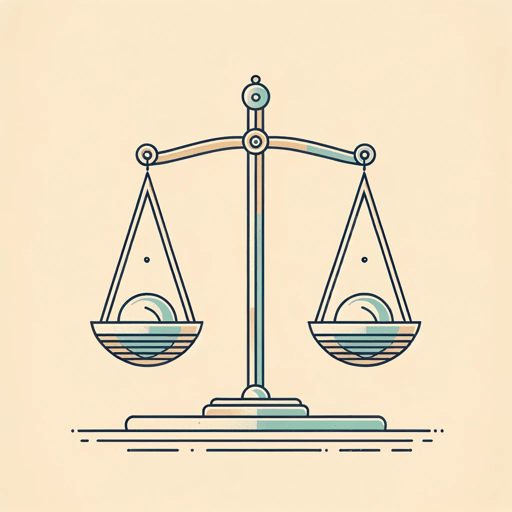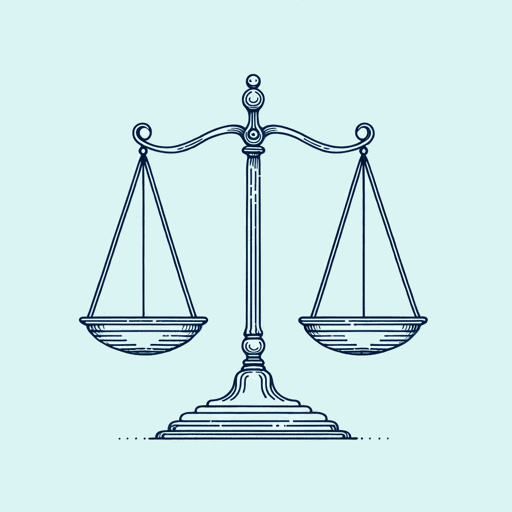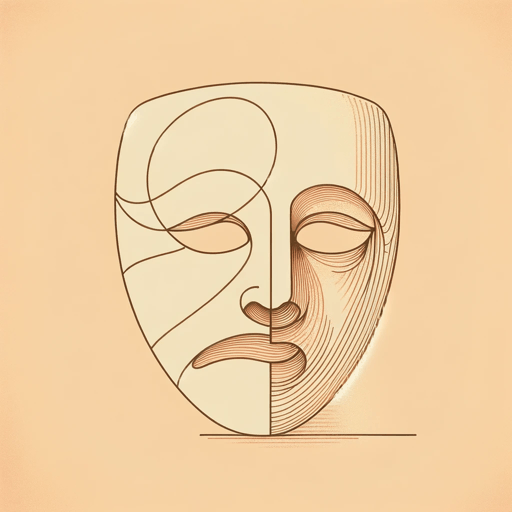43 pages • 1 hour read
AristotlePolitics
Nonfiction | Book | Adult | BCEA modern alternative to SparkNotes and CliffsNotes, SuperSummary offers high-quality Study Guides with detailed chapter summaries and analysis of major themes, characters, and more.
Important Quotes
“It is clear therefore that all associations aim at some good, and that the particular association which is the most sovereign of all, and includes all the rest, will pursue this aim most, and will thus be directed to the most sovereign of all goods.”
(Book 1, Page 7)
Aristotle regards politics as the enactment of reason and nature: Humans naturally want to live in communities, and politics are a natural extension of that mode of living. The philosopher suggests that all humans naturally seek happiness, and that happiness can only be found through virtuous living. Therefore, politics must advance virtue. This contributes to the theme Politics as a Pathway for Good and Happiness.
“The polis, or political association, is the crown; it completes and fulfils the nature of man: it is thus natural to him, and he is himself naturally a polis-animal.”
(Book 1, Page 8)
This quotation aligns with the theme The Political Nature of Man. Aristotle sees politics as an essential component of what defines humanity, with man defined as a “political animal” by nature. Individuals become better and their qualities become more refined when they live in a community and work together toward a common good. Forms of government can create a framework for virtuous living.
“The element which is able, by virtue of its intelligence, to exercise forethought, is naturally a ruling and master element; the element which is able, by virtue of its bodily power, to do the physical work, is a ruled element, which is naturally in a state of slavery; and master and slave have accordingly a common interest.”
(Book 1, Page 8)
Aristotle uses the theme The Political Nature of Man to justify another theme within the work: Political Hierarchies as Natural Forms of Subjugation. In this passage, the philosopher argues that the natural world contains hierarchies. These hierarchies are separated by those who are meant to hold power and those who are meant to be subject to that power.
Related Titles
By Aristotle







